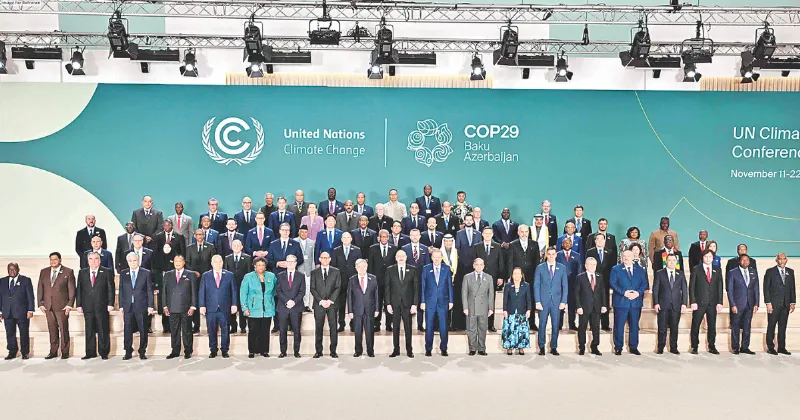STRIKING A BALANCE: EMPLOYEE COMFORT vs CAREER DEVELOPMENT

In the modern workplace, the well-being and growth of employees are critical factors that contribute to overall organizational success. However, there is often a dilemma when it comes to prioritizing between employee comfort and career development. Should employers focus on creating a comfortable work environment that fosters contentment, or should they emphasize career development opportunities to enhance professional growth? Let’s explore this debate and consider key points that highlight the importance of balancing both aspects for employee satisfaction and organizational prosperity.
- The Significance of Employee Comfort: (a) Enhancing productivity: A comfortable work environment promotes higher levels of job satisfaction and motivation among employees. When individuals feel at ease, they are more likely to be engaged and productive, leading to increased efficiency and better results. (b) Retention and loyalty: By prioritizing employee comfort, organizations can foster a sense of loyalty and reduce turnover rates. When employees feel valued and supported, they are more likely to stay with the company, reducing recruitment and training costs. (c) Work-life balance: A comfortable workplace recognizes the importance of work-life balance, facilitating healthier lifestyles and reduced stress levels. It encourages employees to maintain a positive equilibrium between their personal and professional lives.
- The Role of Career Development: (a) Personal growth and fulfillment: Offering career development opportunities demonstrates a commitment to the professional growth of employees. It allows individuals to acquire new skills, expand their knowledge, and progress in their careers, leading to a sense of personal fulfillment and accomplishment. (b) Talent attraction and retention: Organizations that prioritize career development become attractive to top talent. Ambitious individuals seek companies that offer opportunities for advancement and skill enhancement, increasing the chances of attracting and retaining high-performing employees. (c) Organizational growth: When employees are encouraged to develop their skills and expertise, they become valuable assets for the organization. Their enhanced capabilities contribute to innovation, problem-solving, and overall company growth, ensuring a competitive edge in the market.
- Striking the Balance: (a) Customized approach: Employers should recognize that employee needs vary, and a one-size-fits-all approach may not be effective. Offering flexible work arrangements, ergonomic workspaces, and open communication channels can create an environment that accommodates individual preferences while fostering career development opportunities. (b) Transparent career paths: Clearly defined career paths help employees understand the opportunities available to them within the organization. This clarity provides motivation and direction, enabling employees to envision their growth prospects and invest in their development. (c) Learning and development initiatives: Employers should invest in training programs, workshops, and mentorship opportunities to equip employees with the skills they need to excel in their roles. Continuous learning initiatives demonstrate the organization’s commitment to employee development and facilitate career progression.
Conclusion: Balancing employee comfort and career development is crucial for organizational success. By providing a comfortable work environment, employers can enhance productivity, foster loyalty, and promote work-life balance. Simultaneously, prioritizing career development opportunities empowers employees, attracts talent, and drives organizational growth. Striking the right balance requires a customized approach, transparent career paths, and robust learning initiatives. Ultimately, organizations that prioritize both aspects will foster a motivated and engaged workforce, leading to a thriving and competitive business in the long run.
THE VIEWS EXPRESSED BY THE AUTHOR ARE PERSONAL
Bhavesh Upadhyay The writer is a Businessman and HR Expert






















